Preparing for Your Hospital Birth: Podcast Episode #253
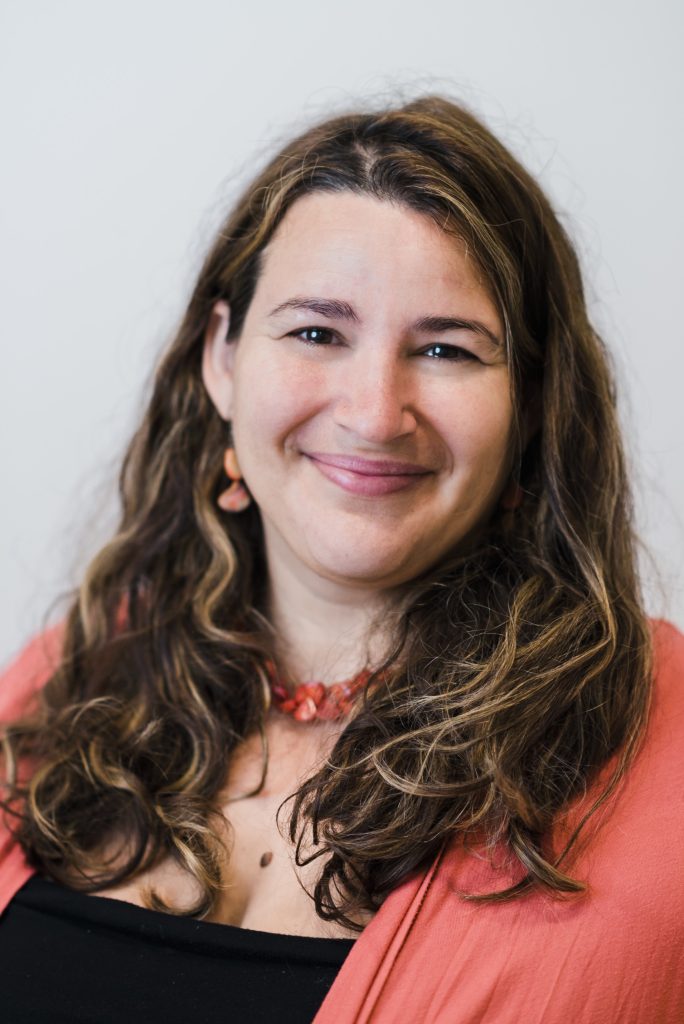
Anna Rodney shares hospital birth prep tips with Kristin Revere in the latest episode of Ask the Doulas. Anna is the founder of Birth and Baby University. Gold Coast Doulas is an affiliate for the online Birth and Baby University class, Preparing for Your Hospital Birth. Hello, hello! This is Kristin with Ask the Doulas, […]
Child loss with Christi Kmecik of Written Hugs Designs: Podcast Episode #252

Christi Kmecik shares her journey with loss and how she was drawn to create a beautiful line of grief cards. She also gives tips on how to support someone who is grieving. Hello, hello! This is Kristin with Ask the Doulas, and I am excited to chat with my friend Christi Kmecik. Christi is the […]
Gold Coast Doulas Holds 9th Annual Charity Diaper Drive
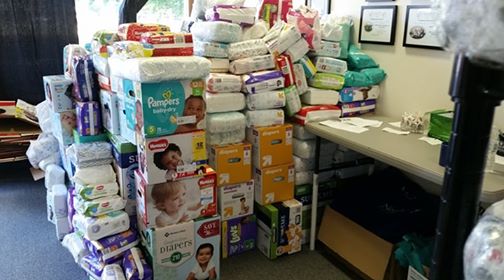
Gold Coast Doulas is holding our 9th annual Diaper Drive from September 1st to October 1st, 2024. Giving back is an important foundation of our business as a Certified B Corporation; clean diapers significantly impact the health of new families and our charitable giving focus is on supporting low-income women and children. One in two U.S. […]
Breast Milk Sharing with Kelly Cox of Share the Drop: Podcast Episode #251
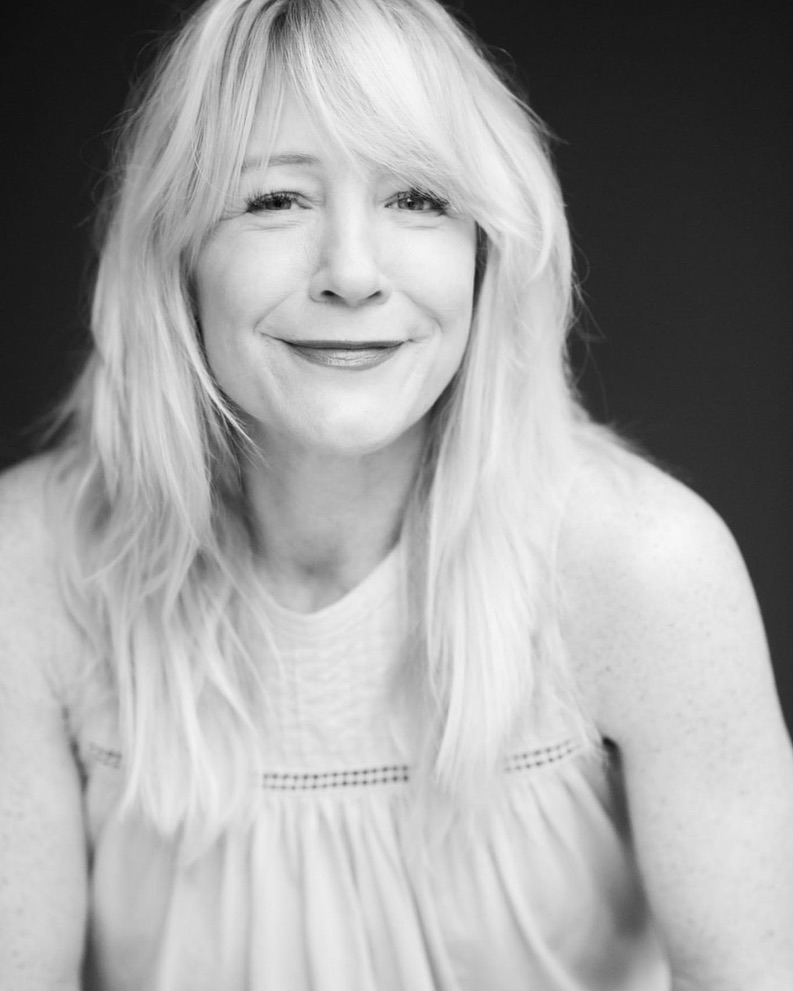
Kristin Revere and Kelly Cox discuss milk sharing and her new platform called Share the Drop on the latest episode of Ask the Doulas. Hello, hello! This is Kristin Revere with Ask the Doulas, and I am thrilled to chat with Kelly Cox today. Kelly is a registered prenatal yoga teacher, a birth doula, […]
Health Tips for New and Seasoned Moms with Dr. Lora Grasso: Podcast Episode #250
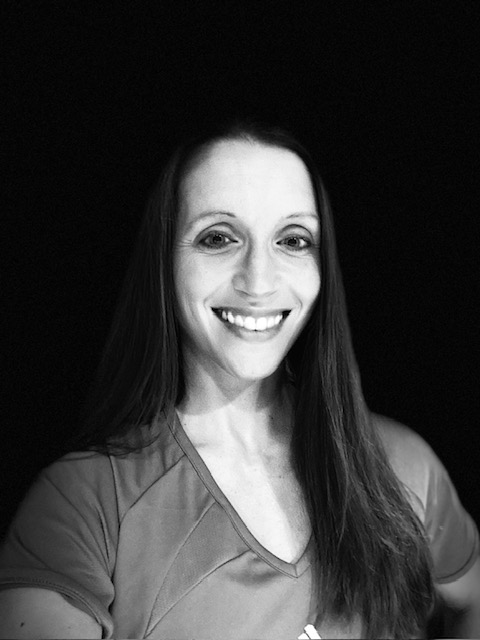
Kristin Revere and Dr. Lora Grasso discusses small changes that can help you maintain your health after having a baby in the latest episode of Ask the Doulas. Dr. Grasso is the founder of APEX Coaching. Hello, hello! This is Kristin Revere with Ask the Doulas, and I am so excited to chat with my […]
Our Journey to Creating an Audiobook for Supported: Podcast Episode #249
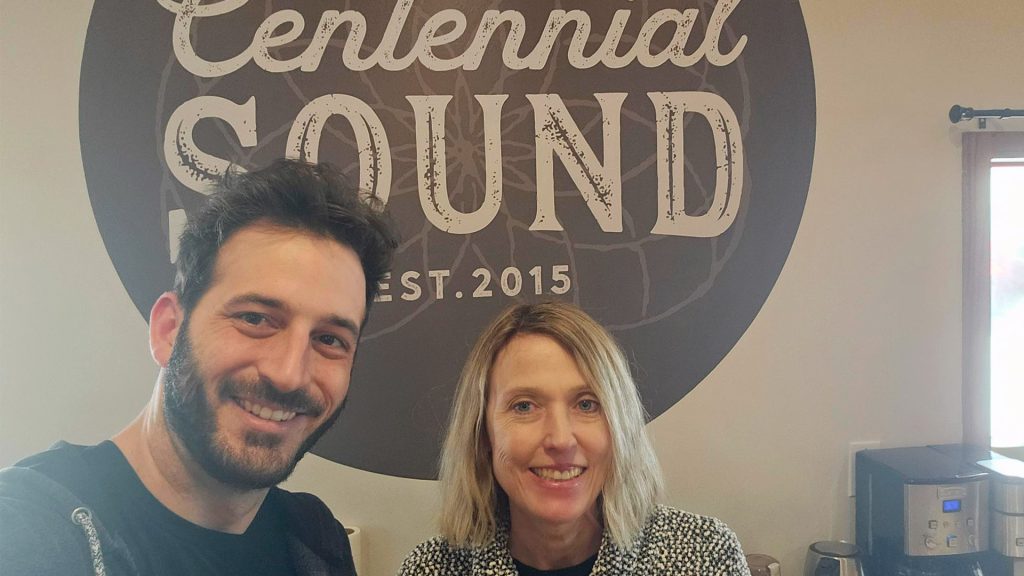
In the latest episode of Ask the Doulas, Kristin Revere discusses the launch of the Audiobook for Supported: Your Guide to Birth and Baby. Alyssa Veneklase and Kristin Revere recorded the audiobook at a local recording studio called Centennial Sound and had a lot of fun with the process. You can now order Supported: Your Guide […]
